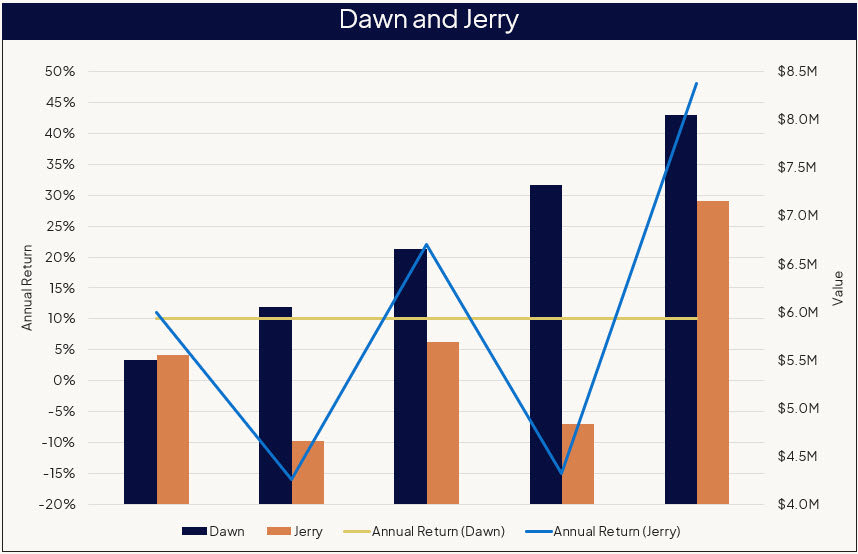Introduction
These days, it feels like risk is everywhere. High gas prices, supply chain woes, rising interest rates, geopolitical tension and a slowing economy, just to name a few. It’s a challenge to imagine how to safely navigate your investments through it all. While risk can never be eliminated, the good news is there are actionable steps you can take to better realize the goals of preserving and building wealth during uncertain times.
Stocks, Bonds…and What Else?
A long-held investing axiom is that concentration can help create wealth while diversification can help preserve wealth. For most investors, this means balancing their stock portfolios and reducing risk by adding to cash and bond holdings during market turmoil. But market turmoil is unpredictable by its very nature. What happens when stocks and bonds decline together? What happens when inflation eats into the purchasing power of cash assets? Is there still more that you can do?
A Solution – Invest Alternatively
At Freestone, we believe in offering our clients access to a more fulsome spectrum of investments. In addition to traditional investments like stocks and bonds, we are also deeply engaged in evaluating alternative investments, such as private equity, real estate, specialty niche opportunities and hedged strategies.
We believe alternatives provide investors with two important benefits. First, they offer some independence from stock and bond markets. And second, they can provide results with lower stress and volatility during turbulent markets.
Market Independence
What does it mean to have independence from stock and bond markets? The returns on certain alternative investments are not directly and/or solely tied to the stock market, interest rates or the economy, and may even perform better when stocks and the economy perform poorly. For example:
- Litigation Investments whose returns derive from judicial rulings or negotiated settlements whether the stock market is up or down
- Income streams designed to be maintained during down cycles such as mineral royalties, affordable housing bonds or structured credit arrangements
- Investments that explicitly profit when assets decline like hedged equity funds, put options or long volatility strategies
By diversifying your portfolio beyond stocks, bonds and cash, you may provide yourself a hedge against market volatility.
Why Does Volatility Matter?
An important aspect of alternatives is their ability to potentially reduce volatility. But why does that matter? To demonstrate the powerful impact that volatility can have on your portfolio, let’s consider two investors, Dawn and Jerry.*

Dawn starts with a nest egg of $5 million and earns 10% over five years, bringing her ending balance for the period to just over $8 million. Jerry also starts with $5 million and earns an average of 10% per year for the five-year period, but does so with much more volatility (i.e. +11%, -16%, +22%, -15%, +48%). While average annual returns (the arithmetic mean) for both investors are 10%, because Dawn succeeded in reducing volatility, she’ll end up with more money. Nearly $1 million more!
What Next?
There will always be risks associated with investing, and everyone has different needs for liquidity, transparency, growth, cash flow, time, tax and other factors. At Freestone, we help successful individuals and families navigate these priorities. Once your goals are defined and a personalized plan is developed with your Freestone Client Advisor, you too can begin to invest alternatively. We consider how to appropriately diversify traditional assets (stocks, bonds, cash) – based on your goals and needs – with alternative assets that we believe have the potential to tip the risk/reward balance more in your favor.
Let Freestone help you put yourself in a position to better diversify and reduce dependence on stock and bond markets, providing you the time, peace of mind and freedom to focus on what truly matters to you. Contact us to begin the conversation.
*We have included this example solely to display the impact of volatility on returns. No investment or portfolio only increases in value in perpetuity. All investment activity bears risk of loss, including complete loss.
